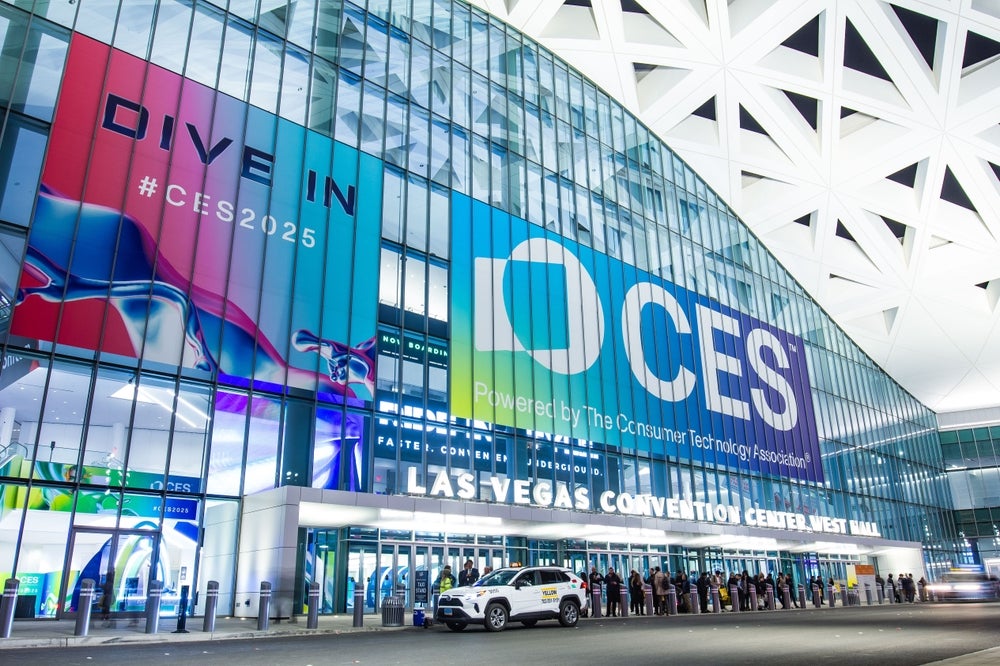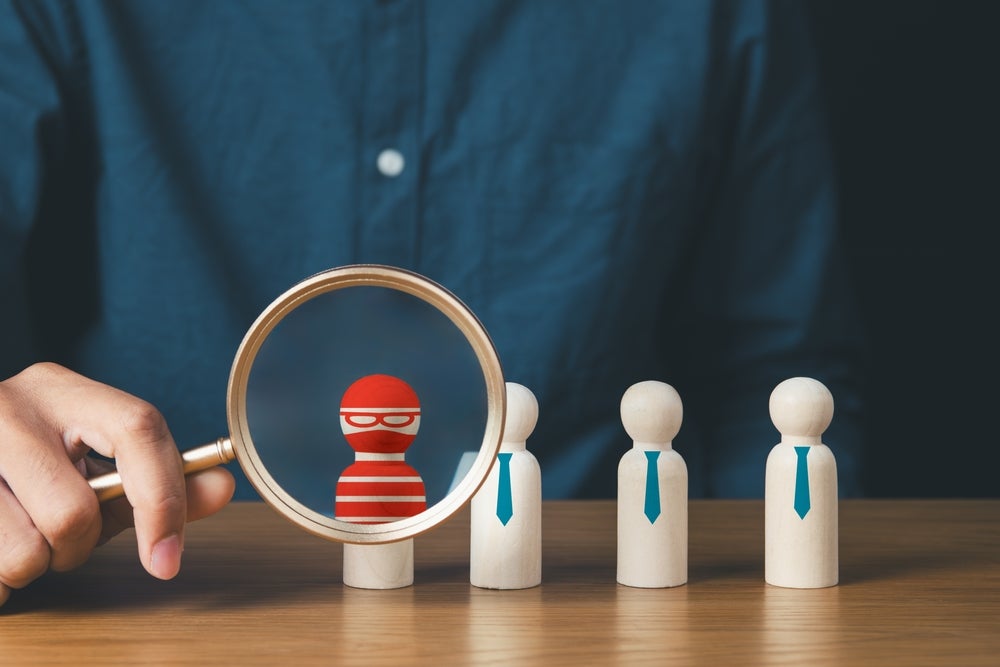
US lawmakers will grill the CEOs of Facebook, Google and Twitter today on their failure to halt the spread of fake news. While experts and industry analysts hope the hearing will lead to the web giants handling misinformation better, there is widespread scepticism that any real change can come without major new legislation.
The House Committee on Energy & Commerce called for the hearing in February to address the tech titans’ inability to prevent the spread of fake news about Covid-19 and the presidential election. The issue came to a head with the Capitol Hill riots in January, when a mob stormed the seat of the US government in an attempt to overturn Donald Trump’s defeat in the 2020 election. This followed assertions by Trump and his supporters that the election had been “stolen”. Five people were killed and over a hundred injured in the violence.
“For far too long, big tech has failed to acknowledge the role they’ve played in fomenting and elevating blatantly false information to its online audiences,” the committee chairs said when announcing the hearing. “Industry self-regulation has failed. We must begin the work of changing incentives driving social media companies to allow and even promote misinformation and disinformation.”
With the hearing set to begin shortly, experts expect to see Facebook’s Mark Zuckerberg, Google’s Sundar Pichai and Twitter’s Jack Dorsey questioned on the way their algorithms push fake news to the top of users’ feeds, the way traditional news outlets are mistreated on their platforms, and their views on new regulation.
The problem with algorithms
Online platforms have long been criticised for the way in which their algorithms consistently fail to distinguish conspiracy theories, misinformation and hate speech from factual information and analysis.
At today’s hearing, industry watchers expect the tech CEOs to state the huge numbers of fake news posts, pages and channels they have taken down. However, many experts argue that these takedowns are not enough, especially since their operrating models have all but destroyed the revenues of traditional publishers who use human staff to produce and check their content.
How well do you really know your competitors?
Access the most comprehensive Company Profiles on the market, powered by GlobalData. Save hours of research. Gain competitive edge.

Thank you!
Your download email will arrive shortly
Not ready to buy yet? Download a free sample
We are confident about the unique quality of our Company Profiles. However, we want you to make the most beneficial decision for your business, so we offer a free sample that you can download by submitting the below form
By GlobalData“Yes, it’s hard to take down every bad piece of content, but how hard is it to not promote misinformation?” asks David Chavern, CEO of the advocacy group News Media Alliance, speaking to Verdict earlier today. “This impacts news publishers because we create expensive, high-quality and reliable content in a world where Google and Facebook choose to amplify free garbage. Sadly, I think this is mostly a missed opportunity for the tech platforms because journalism should be an answer for many of their problems with misinformation. They should embrace and promote our content as a means to address many of the concerns that will be identified [today].”
Sridhar Ramaswamy is the CEO and founder of Neeva, an ads-free and privacy-focused search engine launched in 2019 that has raised $77.5m to date. He hopes that the hearing will provide “more clarity around the use of algorithms and objectionable content.”
Ramaswamy also told Verdict he’d like to know “for example, how much content that we all agree is objectionable gets distributed organically versus being pushed by algorithms designed specifically to optimise for our attention,” adding that he’d like to see the CEOs provide hard numbers on how fast harmful content is identified and taken down.
Ramaswamy, who was Google senior vice president for advertisements and commerce before leaving in 2017, believes changes to are unlikely until the tech behemoths change their business models, which would see them lose out on billions in profit.
“The fundamental problem is the business models of these platforms,” he argues. “The free model is subsidised by our attention so that it can be sold to advertisers. Algorithms have been built to optimise for this, not around the quality or credibility of the content. So in many ways, these companies are a victim of their own success. And making changes will come at the expense of profits. That will be difficult to do, without more outside oversight and regulation.”
Is more regulation the answer?
The tech bosses can expect to be asked about their views on new regulation which could stem the flow of fake news – for instance possible amendment to Section 230 of the Communications Decency Act, which provides immunity to web platforms for any third-party content. The CEOs are expected to push back against any suggestion along these lines.
“They are founded on the principle that they don’t take responsibility for what they publish,” Dominic Ponsford, media editor at the Press Gazette, tells Verdict. “The minute they admit they are responsible for everything they open themselves up to tens of billions in extra running costs in order to properly moderate and check everything that goes out.”
So it’s hardly surprising that the big tech bosses are expected to argue against any new legislation.
“They won’t do anything unless they have too,” Colin Hayhurst, CEO at British search engine Mojeek, tells Verdict. “They will make the case [that] moderating content will hurt rivals more than themselves. And they are right; regulations could end up being applied to all platforms. Rivals and innovators will find it even harder to compete if they are required to moderate to the same level.”
The hearing comes as the tech giants face a massive backlash from regulators and lawmakers around the world seeking to restrict their market dominance and repair the damage they have done to publishing and news media.
This month alone, the UK Competitions and Markets Authority launched a probe against Apple to see if it restricted competition through its App Store and Google found itself at the centre of a class action lawsuit for tracking users in Incognito mode on Chrome. Politicians have also sought to stop Google and Facebook monetising news content without paying the publishers, most recently in Australia.
“These hearings really matter because there is a growing appetite from legislators to turn talk into action and update outdated media regulatory regimes to make them fit for purpose in an age when the world biggest media companies are run by algorithms rather than journalists,” says Ponsford.
The hearings begin at 4pm GMT today.






